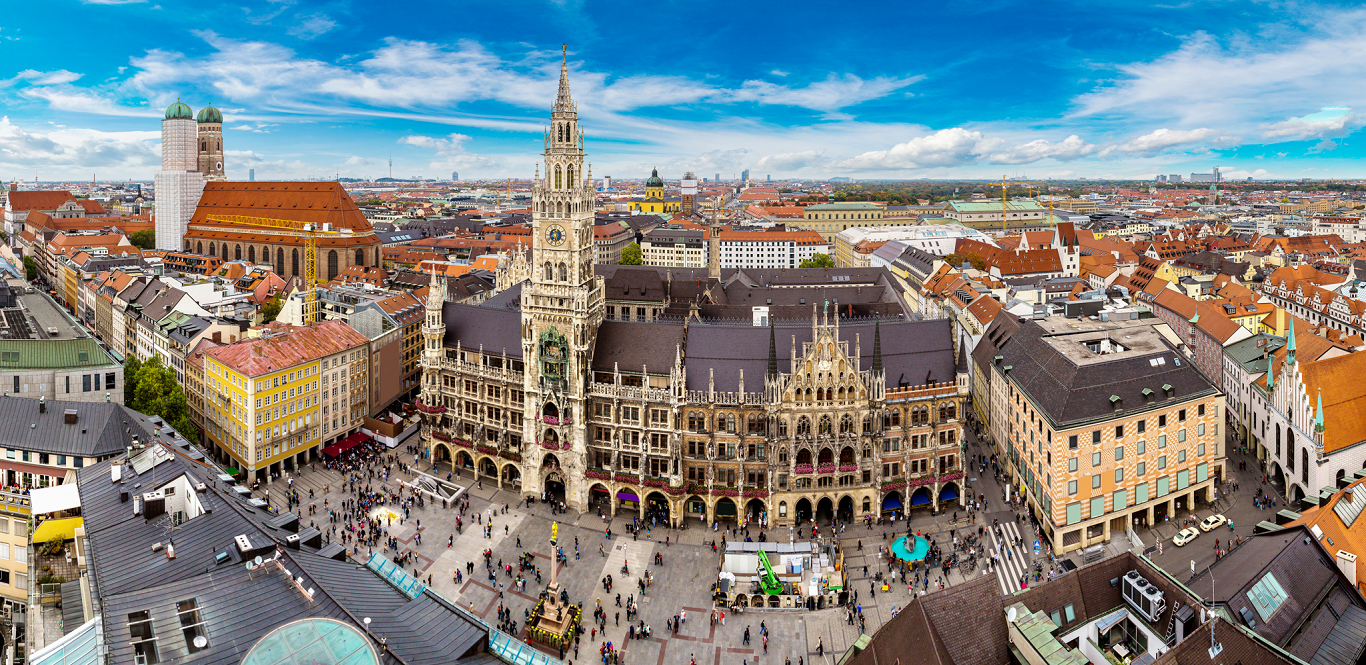


After successfully completing the third Edition of USCC-2023, Unite Scientific Explores is glad to announce the 4th edition of the "Unite Scientific Chemistry Conference (USCC-2024)" which is going to be held during July 18-19, 2024 in Munich, Germany. We have heartily opened the invitation to Participants who are involved and working in Chemistry Research.
This Conference consists of multiple presentations, interesting breakout sessions, and demonstrations. Our strong objective is to give the best platform for the community of researchers, industrialists, doctors, professors, and students to share their research experiences and participate in interactive discussions for improving their networking opportunities.
Here we Unite world-class researchers, International Communities and Industrial Heads in this event and promote quality research to international scientific associations, and chemistry societies that identify future demands and needs in the fields of chemistry.
USCC-2024 is focused to introduce the latest achievements, technologies, and breakthroughs in chemistry research. We believe that your new ideas and inventions will get global recognition.
This Conference will strengthen the ideas about chemical sciences and medical fields and different chemistry-related areas. We provide a global stage for Researchers, Scholars, and Scientists to share data and their experiences and empower people with their deep knowledge. You can explore insights on recent new advancements, techniques, accomplishments, and experiments, learn from our expertise and get to interact with our honorable speakers.
Check the outline of our program and you can download it for your reference.
Click HereFor virtual speakers, we are using most secured and effective Cisco Webex platform.
Guidelines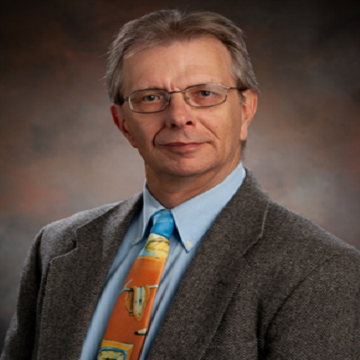

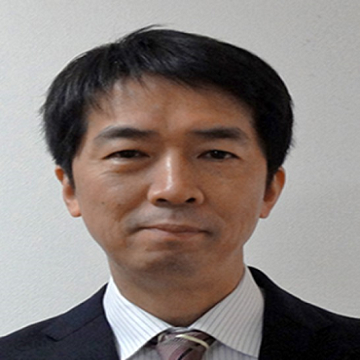
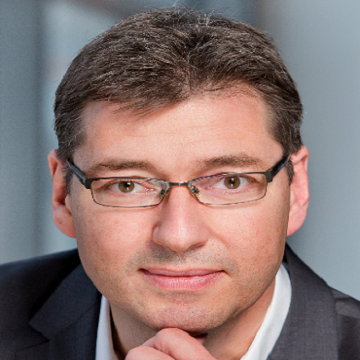
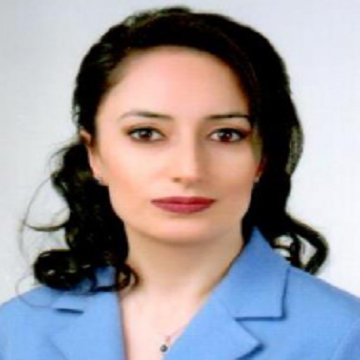
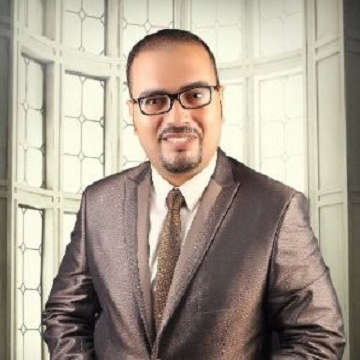

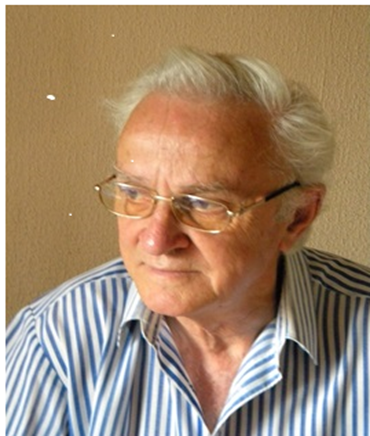
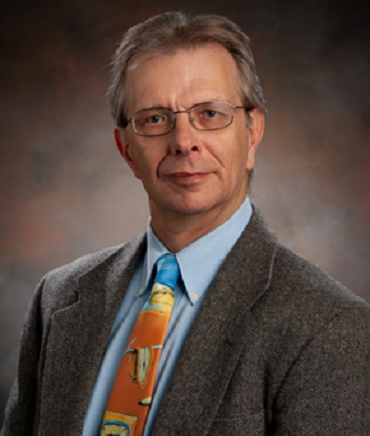
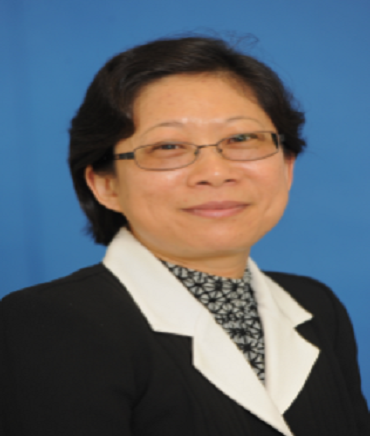
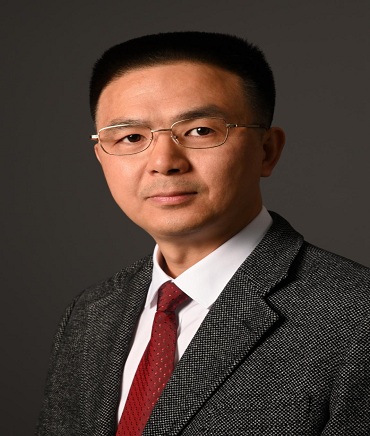
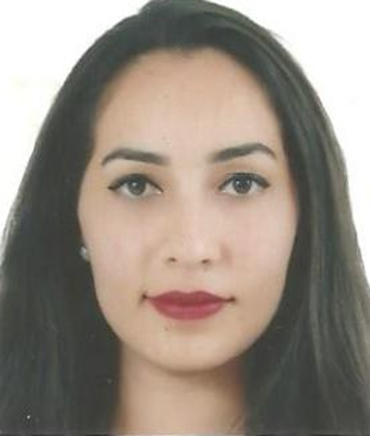
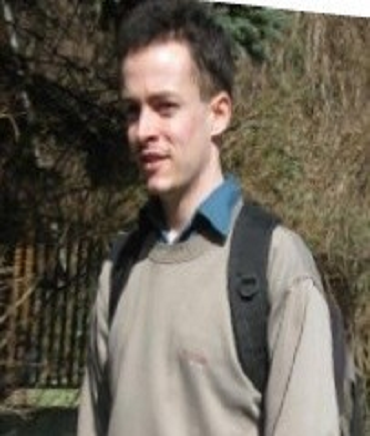
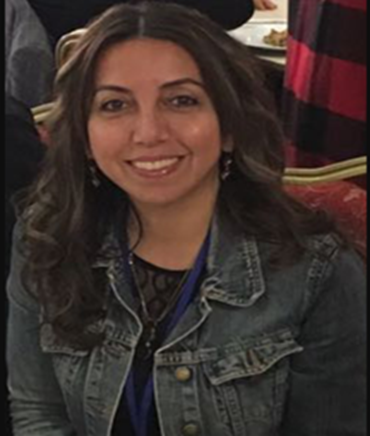
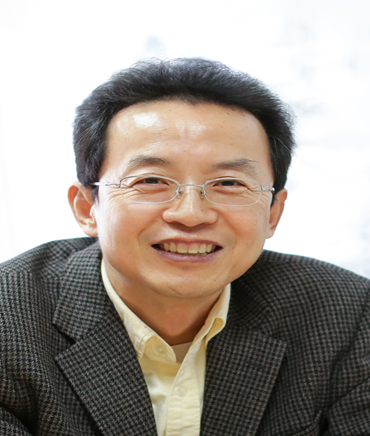




Hurry up!!!!!!!! To get the early-bird benefits proceed with registration.
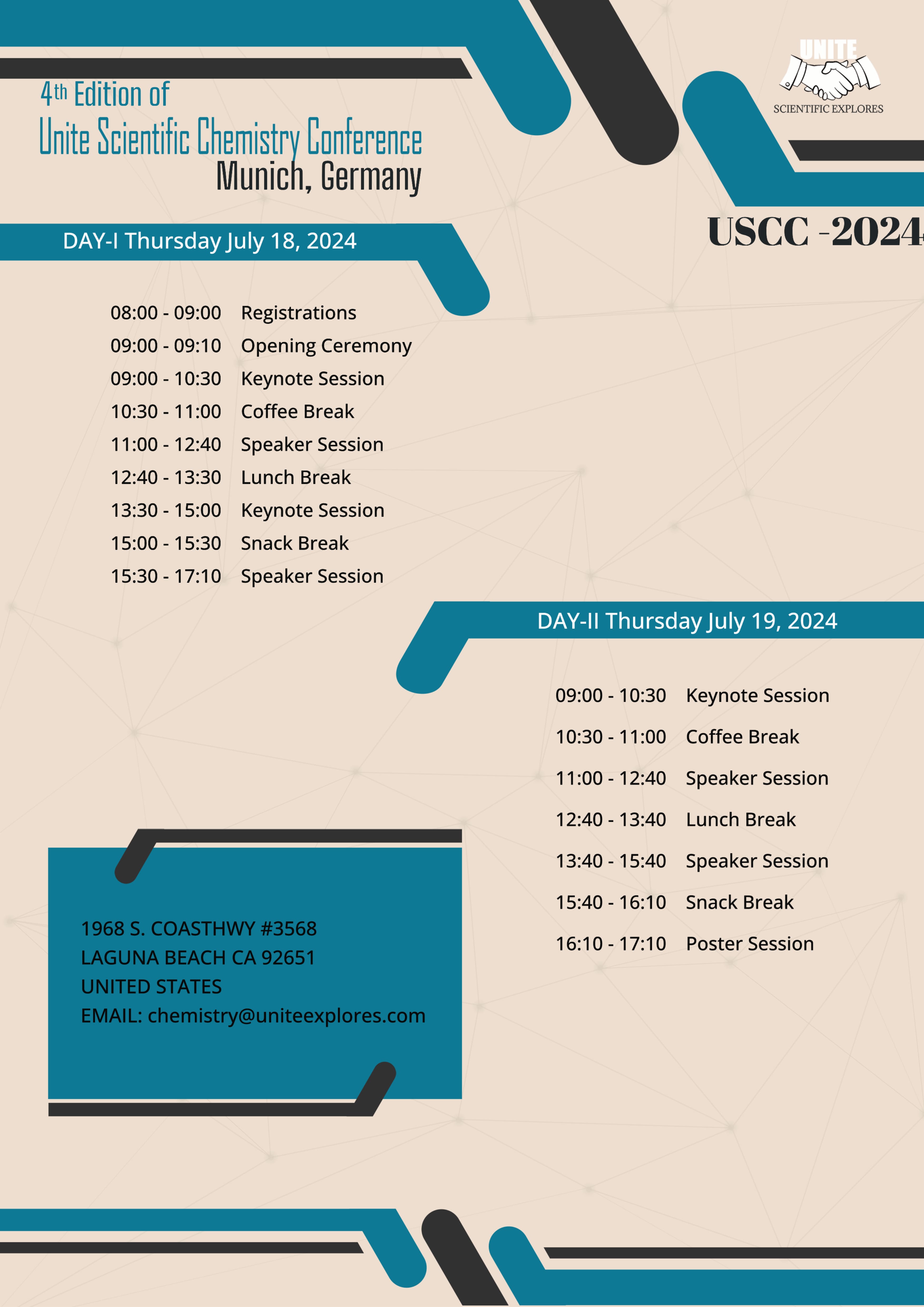
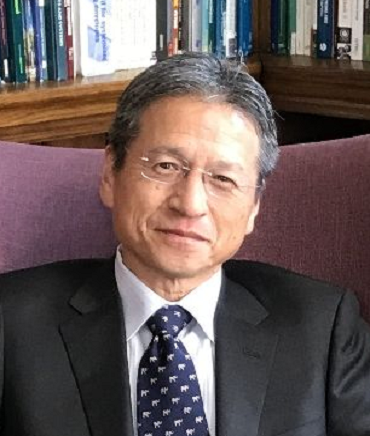
Ichiro Yamashita received a B.S. degree in electronics engineering from Kyoto University, Kyoto, Japan, in 1976, an M.S. degree in electronics engineering from Kyoto University, Kyoto, Japan, in 1978, and the Ph.D. degree in biophysics from the graduate school of Science, Nagoya University in1998. From 1978 to 2013, he was a Researcher at Panasonic Central Research Laboratories, International Advanced Applied Research Laboratory and Advanced Technology Research laboratories. 2003-2021.7 Visiting professor Nara Institute of Science and Technology, 2014-2022, Visiting Professor National Chiao Tung University, Taiwan. 2013.4-2021.3, Specially Appointed Professor, Osaka University. 2021.4-2022.3, Specially Appointed Researcher, Medical School, Osaka University, and 2022.4-present, Specially Appointed Professor, Osaka University.
His research interest includes Nanotechnology, Biomineralization, Aptamer (Site-specific binding peptide), and Biosensors. He proposed the inorganic nanostructures fabrication process, Bio Nano Process in 1997. He started its feasibility study in 1999. In 2004, he and his colleagues succeeded in fabricating the floating gate memory using the nanoparticle array made and arrayed by cage-shaped proteins. He is now engaged in two projects. One is the biological fabrication of electronic device key components, which function mainly based on quantum effects. The other is the Biosensor project which detects DNAs and biomolecules from blood, teardrops and body fluids. Awards and honors include Human Frontier Science Program. He is a fellow of the Japan Society of Applied Physics.
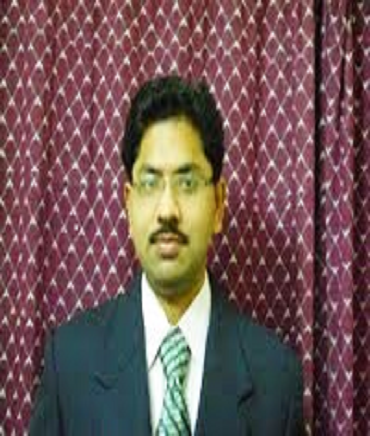
Prof. Niranjan Panda is working in the Department of Chemistry, National Institute of Technology Rourkela, India. His areas of interest in Natural product synthesis, Heterocyclic chemistry, and Heterogeneous catalysis. He has published 36 scientific articles in many international journals. Niranjan got sponsorship for his current 6 working projects.
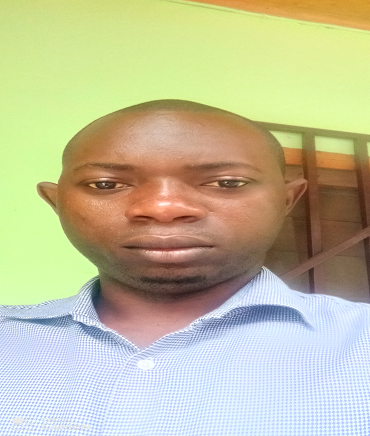
Cedric Clarfeler Boungou is a doctor in Condensed Matter Physics. He obtained his Ph.D. (Physics) in 2019 at the Marien Ngouabi University from Congo Brazzaville with high distinction. Currently, he is teaching the faculty of science and technics at the Marien Ngouabi University. His research is focused on atmospheric pollution and renewable energies. He participates in several research activities and publishes these works in international journals indexed and abstracted.
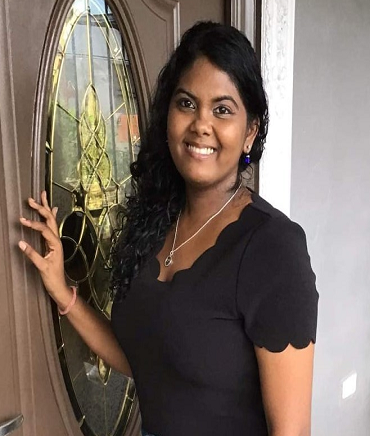
Padminee Ramsaroop is an MPhil candidate, focusing on Bio-Inorganic Chemistry at the University of the West Indies ST. Augustine. Currently, her research is aimed at modifying the curcumin molecule, creating metal complexes, and performing biological studies to produce anti-cancer agents. She received her BSc in Biology and Chemistry in 2020 and began her MPhil shortly. She is currently employed as a demonstrator at the University where she assists undergraduate students with their laboratory work. In her spare time, she volunteers at the Autistic Society of Trinidad and Tobago as well as the Trinidad and Tobago Cancer Society.

Huasheng FENG is a Founder and Director of the Molecular Simulation Laboratory, Division of Catalytic Science, SINOPEC (Beijing) Research Institute of Chemical Industry Co., Ltd. From 1994-1998 he completed his B.S in Chemistry at Peking University, 1998-2004 Ph.D. in Quantum Chemistry at Peking University and in 2004 become a Senior Engineer. His research on catalyst mechanism and catalyst design by quantum chemical calculation, including polyolefin ZN catalysts and single center catalysts, hydroformylation catalysts.
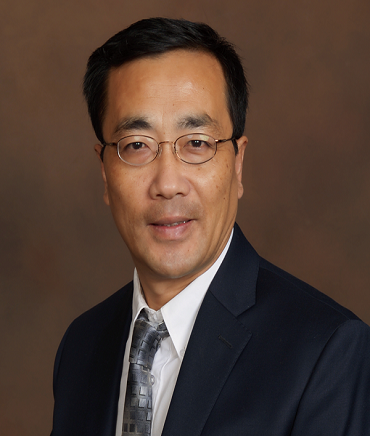
Prof. JOHN (JIANLI) HU is a Chair in Engineering for Natural Gas Utilization at West Virginia University. He completed his Ph.D. in Chemical Engineering in 1991 at Tsinghua University. From 1991-1995 Worked as a Chemical Engineering Postdoctoral Associate at the University of Pittsburgh. From 1999-2002 completed Business MBA at Washington State University. Currently working as Statler Chair Professor and Director of Center for Innovation in Gas Utilization and Research (CIGRU), West Virginia University. He Collaborates with U.S. national laboratories including NETL, PNNL, INL, and ORNL. He discusses the research on Methane catalytic pyrolysis and thermal heating over CNT-supported catalysts.

She is a Postdoctoral Researcher at Universidad de Zaragoza. She is passionate about developing and implementing innovative bioenergy solutions that address the global challenges of climate change, resource scarcity, and environmental sustainability. She has over six years of experience in the thermochemical processing of biomass waste, advanced biofuels, and textile residues, using various laboratory techniques and analytical skills. She holds a Ph.D. in Chemical Engineering and Environmental Technologies from the University of Zaragoza. She has published several research papers in reputable journals and participated in international conferences.

He was born in 1940 in Sukhumi (Georgia). 1946-1957 - school, 1957-1962 Sukhumi Pedagogical Institute - Faculty of Physics and Mathematics. 1967-1969 - worked at the Sukhumi Institute of Physics and Technology in the mass spectral laboratory. He developed and manufactured the first dual-focusing spark ion source mass spectrometer in the Soviet Union for the analysis of impurities in solids. 1969-2018 moved to Chernogolovka (Moscow region) and worked at the Institute for Problems of Technology of Microelectronics and High-Pure Substances - engineer, junior researcher, senior researcher, head of the mass spectrometry laboratory. In 1974 he defended his candidate's thesis, in 1989 - Doctor of Physical and Mathematical Sciences. He mainly worked on the creation and improvement of plasma ion sources. In 2000, he began working on a new glow discharge ion source for multielement analysis of various substances with high sensitivity based on a hollow cathode.
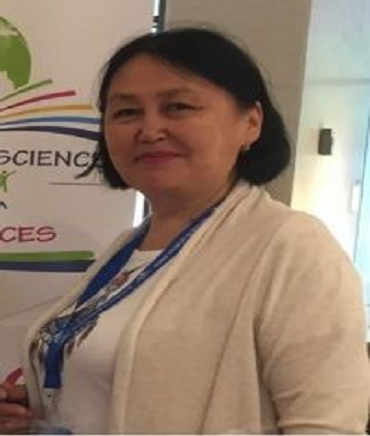
Aigul Koizhanova is head of the Laboratory of Special Methods of Hydrometallurgy named after B.B. Beisembayev. She is a project leader of the research (2011–2020 ), projects with industrial enterprises (2013–2018), under her guidance in 2014 a technology for the rehabilitation of sorption factory tailings from cyanide and arsenic was introduced at the gold extraction plant of «Altyntau Kokshetau» JSC, in 2016 industrial tests were conducted at the Akbakai gold extraction plant; she is an author of more than 150 scientific papers in the field of non-ferrous and noble metals metallurgy (including articles in rating foreign journals «Russian Journal of Inorganic Chemistry», «Non-ferrous metals»), including 20 secure records of the Republic of Kazakhstan.
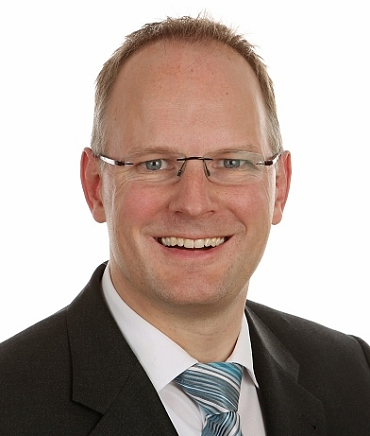
Thomas Koch studied mechanical engineering in Karlsruhe from 1993 until 1998. He joined ETH Zürich in 1998 where he received his Ph.D. in 2002. After a year as a postdoc in Zürich, he joined former DaimlerChrysler (today Daimler Truck) in 2003 where he developed the new Medium-Duty Diesel Generation MDEG OM934/936. In the year 2013, he joined the Karlsruhe Institute of Technology as head of the institute of internal combustion engine research.
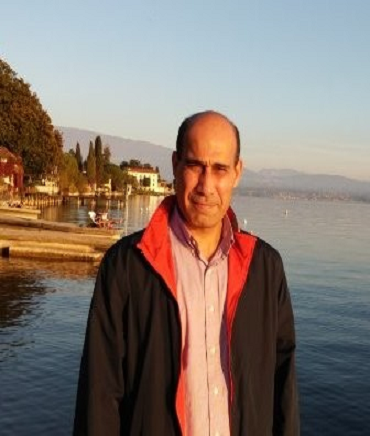
Dr Ali Altaee is an Associate Professor at the University of Technology Sydney, Australia since Apr 2016. He is working at the forefront of renewable energy, water engineering, and soil remediation, developing innovative technologies in alternative water sources. A senior lecturer in Engineering and Information Technology at UTS, Ali is a member of the UTS Centre for Green Technology (CGT), and of the Centre for Technology in Water and Wastewater (CTWW), which is a leading research centre in the field of alternative water sources. He has developed industrial and academic expertise working at both industrial research centres and institutes of higher education and has particular research expertise in the areas of reverse osmosis and membrane technology.
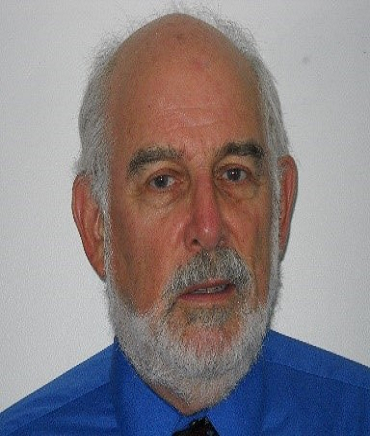
Lawrence Berliner is a pioneer in protein structure and diagnostic technique research starting at Stanford University, then Ohio State University, and now retired from the University of Denver and the Graduate Toxicology Program, Univ. of Colorado School of Pharmacy. His team was the first to develop thiol-specific spin labels, which became the basis of Site-Directed Spin Labeling (SDSL) for studying membrane protein structure and other proteins that cannot be crystallized. He has been a leader in the early detection and prevention of destructive free radical processes. His other research has involved protein-protein interactions, blood coagulation, serine proteases, and lactose biosynthesis.
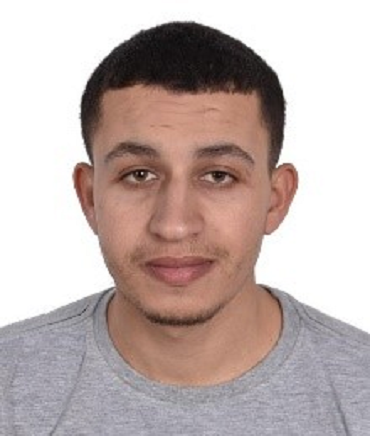
Abdelhak Mesbah is a Ph.D. student in analytical chemistry at the University of Djillali Liabés in Algeria, he is focusing his research on the retention of organic pollutants, specifically herbicides Diuron and Glyphosate, by clay materials. He is a member of two research projects: "SAFE, PRIMA-2021," aimed at enhancing safety in agriculture, food, and the environment, and "PRFU-2022," focused on studying organic pollutant retention by clay. He is also participated in doctoral days, national and international conferences.

Dr. Turick has over 40 years of research experience in academia, industry and federal laboratories. Part of his background includes microbial ecology, physiology and biophysics involving extracellular microbial electron transfer. The current focus is on defining bacteria as electrochemical entities by combining electrochemical and microbiological techniques in order to monitor microbial activity in-situ and in real time. The specific technical focus is on remote microbial sensors directed to technologies for a sustainable environment. Part of his current activities at ElectroBioDyne, LLC is directed at linking microbiology, physiology and electrochemistry for sensor design.

Kitouni Saida received a Ph.D. degree in physics from the University of Constantine, Algeria in 2013. She is currently a lecturer and her current research interests are porcelains. Participate in some international conferences in Algeria and others countries in the world. Research Interest are Porcelain, lightweight concretes
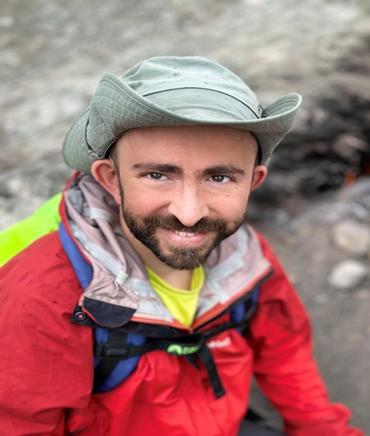
Gabriel Antonio Salvador Minero has been in the field of chemistry and biology of Nucleic Acids for 15 years. After completing PhD at the Ruhr-University of Bochum in 2015, he pursued an academic career in the field of DNA Nanotechnology at the Technical University of Denmark. Currently, he is an Assistant Professor at the Interdisciplinary Nanoscience Center at Aarhus University.
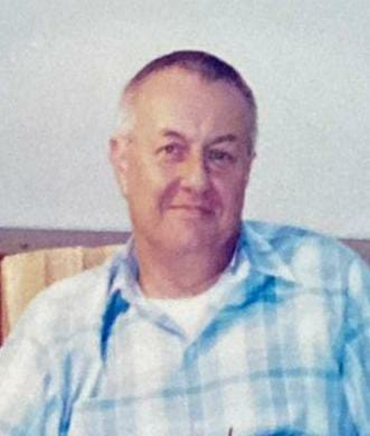
Boris Ivlev came from the Landau Institute for Theoretical Physics, Moscow. His activity at that time was mainly in the field of superconductivity. For the last thirty years, he has belonged to the Physics Institute of the University of San Luis Potosi, Mexico. He works in the fields of quantum physics, high energy physics, soft condensed matter, and partly in biophysics.

Kemi Oloyede is a British-born environmental scientist, writer, and visual artist of Nigerian descent. She is currently doing a Ph.D. in Clinical Medicine Research (Public Health) at Imperial College London and enjoys exploring meaningful connections between the sciences and the creative arts in her spare time.
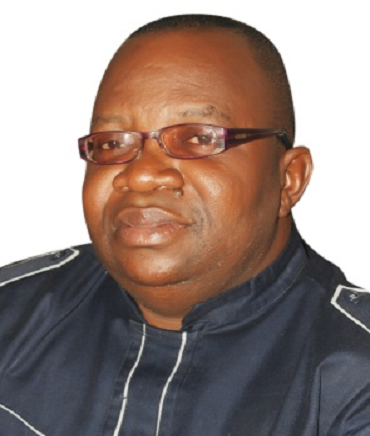
Enock Olugbenga Oladepo DARE is presently a Professor of Nanotechnology and Materials at the Federal University of Agric. Abeokuta, Nigeria. He holds a Ph.D. in Chemistry from the University of Ilorin, Nigeria, and an Advanced Research Diploma in Chemical Engineering from the Tokyo Institute of Technology, Japan. Postdoctoral training at Princeton University, NJ, USA. He is a UNESCO and MONBUSHO fellow (Japan); FULBRIGHT and USAMI fellow (Princeton University, USA); Taiwanese National Science Foundation fellow (Taiwan); A regular associate of ICTP, Trieste, Italy. He recently got the world's most prestigious Alexander von Humboldt (AvH) – Georg Forster fellowship. He is presently an AvH fellow, an awardee, and a Professor at the University of Regensburg, Germany. He has made excellent research output in Hybrid nanocomposites based on POSS, nanoporous membrane technology, transdermal drug delivery, nano bimetallic for sensor and catalysis, green nanotechnology, nanobiotechnology, etc. His most current research lies on “nano-enabled materials for anti-counterfeiting, fingerprinting for criminality detection
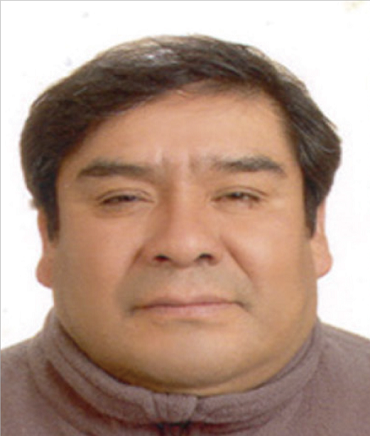
Dr. Joel Díaz-Reyes received his doctorate from CINVENTAV-IPN. He enrolled in the Applied Biotechnology Research Center of the National Polytechnic Institute. The work team regularly publishes articles on electrospinning nanofibers with applications in catalysis.
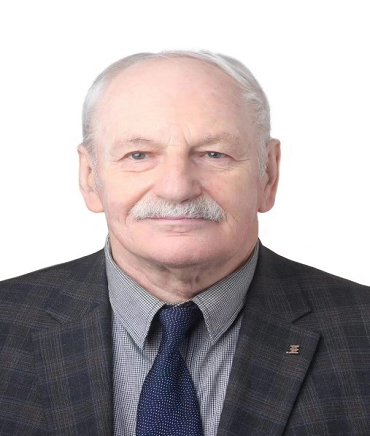
Alexander Shmatov is Chief Researcher and Professor of the Belarusian National Technical University, Professor and Academician of the Russian Academy of Natural Sciences, Professor of Wuhan Textile University, D.Sc. in Materials Science and Mechanical Engineering. His area of scientific interests: strengthening mechanisms and compositional structures of materials formed during chemical-thermal, thermocyclic and thermohydrochemical treatments; environmentally friendly “Green” technologies for producing coatings and ceramics based on nanomaterials; computer modeling of processes. Author of 148 scientific publications, 4 monographs, 2 textbooks and 64 inventions. He led ten major scientific projects. The technologies he developed were used at 17 enterprises in Belarus and Russia.
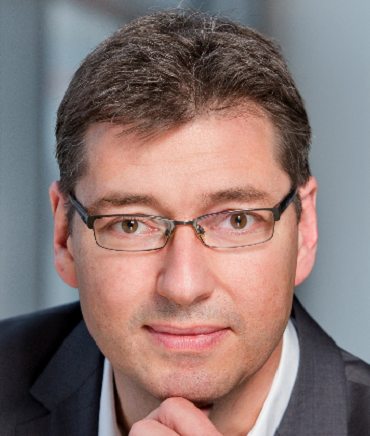
Thorsten Wack graduated in theoretical physics at the Technical University of Dortmund in 1995 and received his doctorate at the Ruhr University Bochum in the Faculty of Mechanical Engineering. He has been at Fraunhofer UMSICHT since 1995, where he is now head of the business unit "process digitalization".
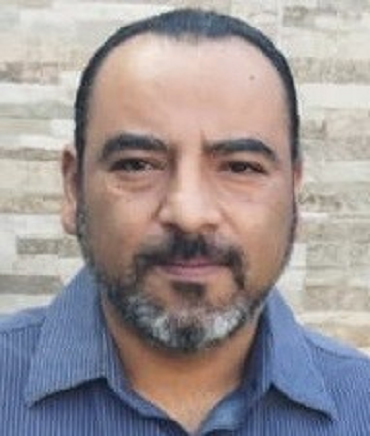
Dr. González holds a Personal Chair in Biophysics at the Technological University of Querétaro, Mexico. He has 7 years of biophysical research experience at this university. He regularly publishes in the molecular and nanomaterials literature, and regularly presents data at national and international scientific meetings. His group has studied the ionization properties of nucleobases in short DNA models, either by spectroscopic methods or computational ab initio algorithms, applying this knowledge to develop DNA-based inorganic and organic nanomaterials, even coupled to other biopolymers such as polysaccharides, or inorganic substrates composed by metal oxides.
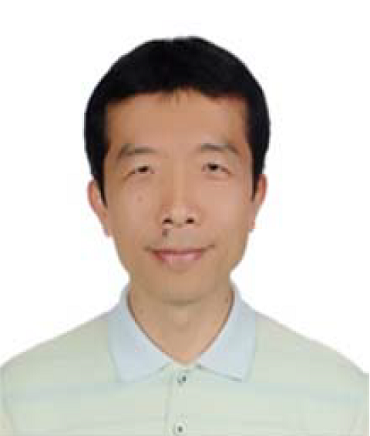
Dr. Chen-Kuei Chung received his B.E. and Ph.D. degrees in Materials from National Tsing Hua University, Taiwan, in 1989 and 1994. From 1994 to 2002, he worked at the Industrial Technology Research Institute for developing MEMS technologies & key components such as inkjet printhead, IR sensor array and biochip. He joined the Department of Mechanical Engineering, at National Cheng Kung University in 2002 and has worked till now. He has expertise in micro-nano material science and engineering, and fabrication, characterization and process integration of MEMS/NEMS devices for sensor, actuator and LIGA application, especially in the advanced hybrid pulse anodization, characterization, SERS and application; laser processing, polymer molding and mechanical energy harvesting from unique microneedles-triboelectric nanogenerator (TENG).
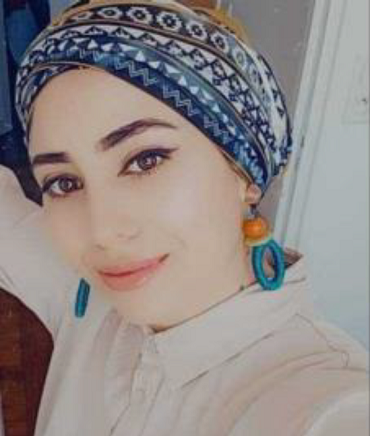
Dr. Siham Amra is a teacher-researcher at the University of Bejaia (Algeria), where she works as a Master Assistant B, specializing in analytical chemistry. A very eclectic background and an ever-lively curiosity have enabled him to acquire and appropriate multiple and diverse skills. His research contributes to the development of sensors by implementing electrodes based on modified carbon pastes for applications in the electroanalysis of ultra-traces of pesticides and pharmaceutical products. She has produced 15 communications and publications. She did several internships in France at the National School of Chemistry in Rennes. The lines of research were centered on the valorization of natural materials and their application in the design of efficient, sensitive analysis devices capable of quantifying several pollutants, the protection of the environment and human and animal safety.
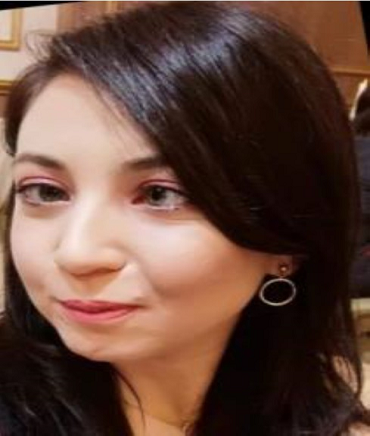
Mariem Khouja holds a Ph.D. in biological engineering from the National Institute of Applied Sciences and Technology-Tunisia. She is part of the research group of the nanobiotechnology and valorization of natural phytoresources laboratory. The group's current research involves the characterization and enhancement of aromatic and medicinal plants.

Benedek I. Karolyi is a senior medicinal chemist at Gedeon Richter Plc., Hungary. He has 11 years of experience in the field of medicinal research and discovery. His first article was published in 2009 in the field of organometallic chemistry. Back then he also published works in organocatalysis and quantum chemical modeling. His current research involves design, synthesis, and SAR studies of CNS-targeted small molecules as modulators of various receptors.
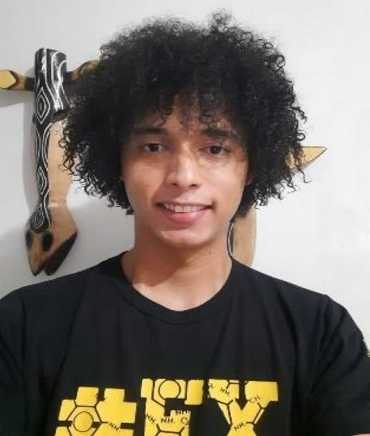
Gabriel Santos Pessoa Graduated in Chemistry (2023) and he is actually a Master's student in Inorganic Chemistry from the University of Brasilia. He was part of the Institutional Program of Scholarships for Initiation to Teaching (PIBID) and participated in the Pre-PAS project at the Federal Institute of Brasilia (IFB). Has experience in Inorganic Chemistry, with emphasis on Crystallography, acting mainly in Structural, Theoretical, and Biological Investigation of Bioactive Compounds, oriented by Professor Dr. Claudia Cristina Gatto.
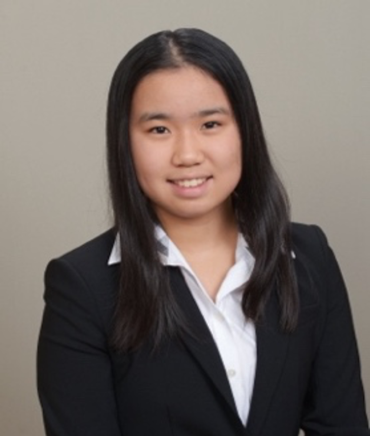
Marina is a junior at Thomas Jefferson High School for Science and Technology and has presented her research at conferences around the world. She has qualified for some of the top math and computer science competitions in the world such as the United States Junior Math Olympiad and the USA Computing Olympiad Gold Division. She is the President of INTEGIRLS DC, one of the largest international non-profits in the world aimed at breaking down gender-based barriers in STEM.

Professor Ayşegül Gölcü completed her primary, secondary, and high school education in Ankara, the capital city of Turkey. She graduated from 19 Mayıs University, Faculty of Arts and Sciences, Department of Chemistry. She completed her master’s and doctorate degrees at Ankara University, Faculty of Pharmacy, Department of Analytical Chemistry. In 2010, she went to Clarkson University in Potsdam, the USA for “postdoc” studies and worked on “electrochemical sensors” with Prof. Petr Zuman. In 2012, she was appointed as a “full-time professor” at Kahramanmaraş Sütçü İmam University, Faculty of Science and Letters, Department of Chemistry, and served for five years. She has been working at Istanbul Technical University, Faculty of Arts and Sciences, Department of Chemistry since 2017. Since 2019, she has been collaborating with Prof. Omowunmi Sadik (New Jersey Institutes of Technology) on “binding mechanisms of natural compounds to dsDNA”. She has over one hundred national and international articles, projects, and theses on spectrophotometric and voltammetric drug analyses, drug-metal complexes, biosensors, and natural compounds. She is a member of the “Management Committee” in COST’s actions “D39- Metallo-Drug Design and Action” and “CM1105: Functional metal complexes that bind to biomolecules”.
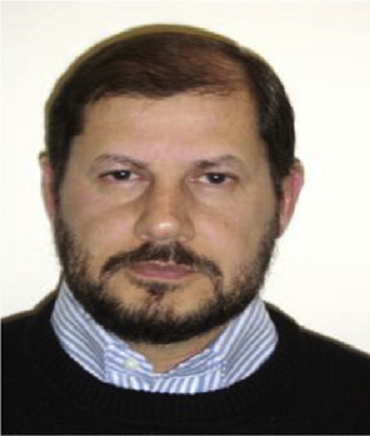
Professor Dr. Hélio A. Stefani received his M.S. and Ph.D. degrees from the University of São Paulo in 1988 and 1991 respectively, working under the supervision of Professor Dr. João V. Comasseto in the field of organic selenium and tellurium chemistry. Currently, he is a Full Professor at the School of Pharmaceutical Sciences – USP. He spent one year (2001) at the University of Pennsylvania and Philadelphia, PA-USA, working with Professor Dr. Gary A. Molander. His interests in chemistry include the development of synthetic methodologies of selenium, tellurium, boron compounds, heterocyclic chemistry as well as cross-coupling reactions.

Prof. Jaichan Lee is a professor of Advanced Materials Science and Engineering, at Sungkyunkwan University (SKKU), Korea. He completed his doctorate in ferroelectric thin films for non-volatile memory application at Rutgers, The State University of New Jersey, USA in 1993. After his material study of ferroelectrics and ferroelectric non-volatile memories in Bell Communications Research (Bellcore), USA as a postdoctoral Member of Technical Staff, he joined Sungkyunkwan University at 1995, He served as the President of the Korean Dielectrics Society. He had been a director of the BK21 Center for Emergent Materials supported by the Ministry of Education, Korea. He has published more than 180 papers in reputed journals including a paper titled “Isostructural metal-insulator transition in VO2” published in Science (2018) and “Lanthanum-substituted bismuth titanate for use in non-volatile memories” published in Nature (1999). His current research includes computational Materials science and materials informatics.

Dr. X. Nancy Xu is an elected AAAS Fellow and Professor of Biomedical Engineering, Biomedical Sciences, Biochemistry, and Chemistry at Old Dominion University. She has built a state-of-the-art interdisciplinary research laboratory and successfully developed a nationally and internationally recognized and well-funded interdisciplinary research program at the intersection of chemistry, biology, engineering, and medicine. Dr. Xu has pioneered the development of a suite of highly innovative nano-photonics tools for biomedical applications, and she is especially well recognized for her work in single nanoparticle optics, nano-optical biosensors, single molecule detection, and single live cell imaging.
Dr. Xu has received several prestigious national awards, including Tech Briefs’ Nano50 Innovator Award and Nano50 Technology Award, NSF BRAIN Initiative EAGER Award, Finalist of NIH Follow That Cell Challenge, ACS Roland F. Hirsch Award, and AAAS Mentor Award. Dr. Xu was elected as an AAAS Fellow for her distinguished contributions to the fields of nanobiotechnology and ultrasensitive bioanalysis, including single nanoparticle optics, nano biosensors, single molecule detection, and single living cell imaging. Dr. Xu has also received several university-distinguished awards, including Distinguished Research Award and Faculty Research Achievement Award (the highest university research honor bestowed to a faculty), and multiple student-nominated awards including Shining Star Recognitions, and Most Inspired Faculty Member Designation. Her profile is at https://www.odu.edu/directory/x-nancy-xu
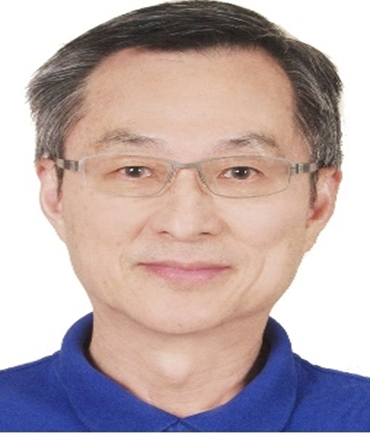
Dr. San-Kiong Lai is a full professor of the Phys. Dept., National Central University, Taiwan. He graduated from the University of Waterloo, Canada in 1983 with a Ph.D. degree. He has been the Chairman (1993-1995) of the Phys. Dept. and has held other positions including the Advisory Councillor of National Science Division, National Science Council (NSC), Taiwan (2000-2002), and Councillor and Executive Member of the Physical Society, Taiwan (1995-1997). Dr. Lai has served as an Editorial board member of the AAPPS (1992-1995). He was the recipient of the Visiting Scientist Research Fellowship of ICTP (Italy) (1989-1990) and the NSC Outstanding Research Award. His current research interest focuses on metallic and nonmetallic nanoclusters.
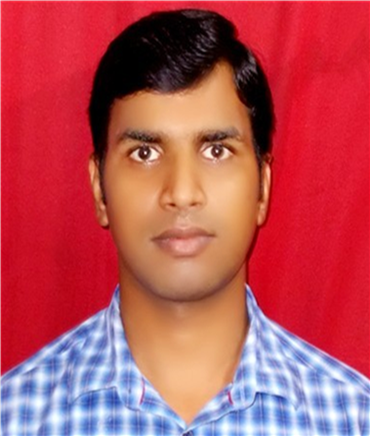
Dr. A. Chandra obtained his B.Sc. from VBSPU Jaunpur, in 2010 and his M.Sc. from the University of Allahabad, Preayagraj, in 2012. He joined the Ph.D. program at the Indian Institute of Technology Delhi (IIT Delhi) in 2013 and gained experience in the area of peptides and dendrimers. Later, he moved to IIT Kanpur in 2014 for doctoral studies in synthetic organic chemistry and received his degree in specialization for oxidative transformations using hypervalent iodine reagents. After completing his Ph.D. in 2020, he moved to IIT Bombay for postdoctoral research in 2021, where he was involved in the development of new synthetic methodologies using sulfonyl phthalide reagents and asymmetric catalysis as well.
Since 2023, Dr. Chandra has been appointed as a research professor in the Department of Information Display at Kyung Hee University, South Korea. He started exploring the area of OLEDs and wanted to develop BODIPYs, CADIPYs, and MR-HF/TADF materials for commercialization purposes. In the future, he also wanted to explore his synthetic expertise in genetic biology in collaboration with some of the greatest scientists by developing bioactive molecules.
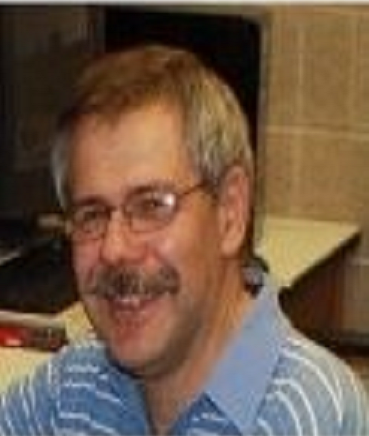
Reona Miyazaki received his Ph.D. degree from Tohoku University, Japan in 2013 under the supervision of Prof. Hitoshi Takamura. He joined the group of Prof. Kazunori Takada at NIMS from 2013 to 2015 as a postdoctoral fellow. From April 2015, he became an assistant professor at the Nagoya Institute of Technology (NIT). He has joined the research team of the NGK Environment Innovation Laboratory since April 2017. In 2024, he became associate professor of the Department of Physical Science of Engineering in NIT. Current researches involve fluoride-based alkali-ion conductors and the ion dynamics in the Li+/Na+ mixed solid electrolytes.
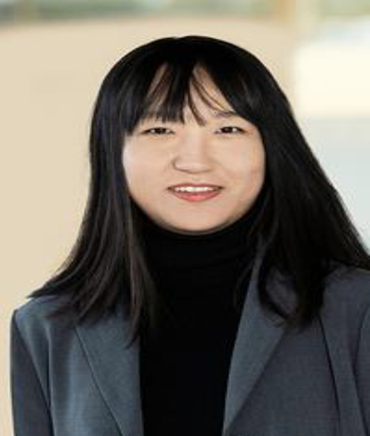
Liu Hang is currently doing her doctorate at Aalen University in Germany. There she has been working as a Research Assistant at the Research Institute for Innovative Surfaces FINO since 2023. Her research mainly focuses on Polymers, Plastic packaging, and how to improve the characteristics of Biopolymer surfaces without modifying the bulk characteristics of the polymer. The research centers on the plastics polylactic acid (PLA) and poly(butylene adipate-co-terephthalate) (PBAT). Before she did her master’s degree in Applied surface and material sciences at Aalen University and also worked as an Engineer in the Pharmaceutical Technology Division.
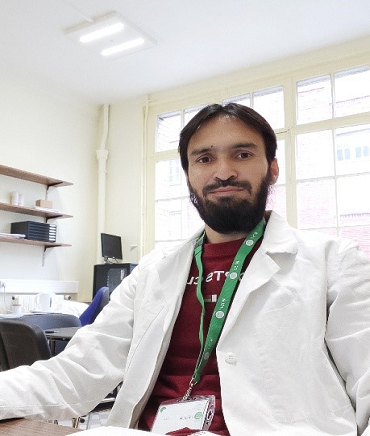
Dr. Sami Ullah is serving as a lecturer at the Department of Physics, University of Balochistan Quetta, Pakistan. He has done Ph.D. in photovoltaics, with a research focus on the electron-transport layer for efficient and stable perovskite solar cells. He has joined the Slovak Academy of Sciences (SAV), Bratislava, Slovakia in 2019-2020 for the development of transport layer engineering of perovskite solar cells. In 2022 he joined the Chimie ParisTech-PSL research institute( Thierry Pauporté group), Paris France for the development and optimization of stable and efficient perovskite solar cells.
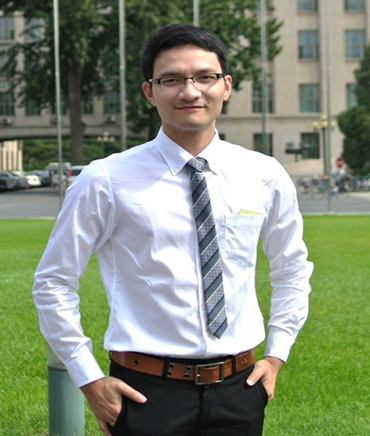
Rathawat Daengngern received a Ph.D. in Chemistry from Chiang Mai University, Thailand in 2016. Now, he is working as an assistant professor at the Department of Chemistry, School of Science, King Mongkut’s Institute of Technology Ladkrabang, Bangkok, Thailand. Current research of his group involves excited state proton transfer and photophysical properties of organic dyes, fluorophores and organic compounds by static and dynamics simulations.
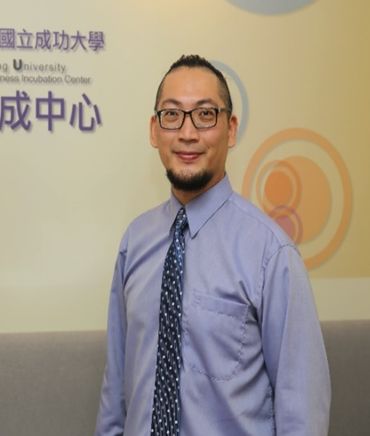
Guan-Da Syu is an Associate professor, at the Department of Biotechnology and Bioindustry Sciences, National Cheng Kung University, Taiwan. In 2012 he completed his Ph.D. in the field of Basic Medical Science and in 2005 he completed his B.S. in Environmental Engineering and Minor in Life Science. His research interests are Analytical Chemistry, Protein microarray, Host and microbial interactions, High throughput technology, Exercise physiology, Virology, and Bioinformatics. He received the National Innovation Award in 2023 and got Distinguished Award, Innovation Award for Young Scholar, Taiwan Comprehensive University System, in 2021.
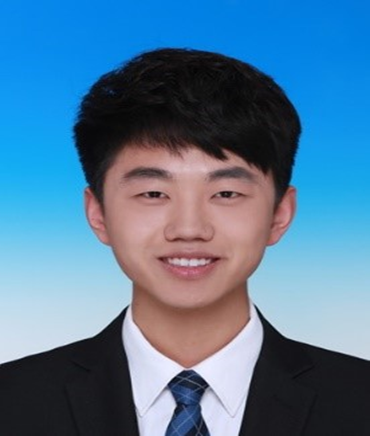
Shuai Wang received his bachelor's and master's degrees at Beijing University of Chemical Technology(2013-2020), majoring in chemical engineering and technology. Currently, he is pursuing a Ph.D. degree at the University of Hong Kong. His research interest is about AI for science, such as OLED emitters design.
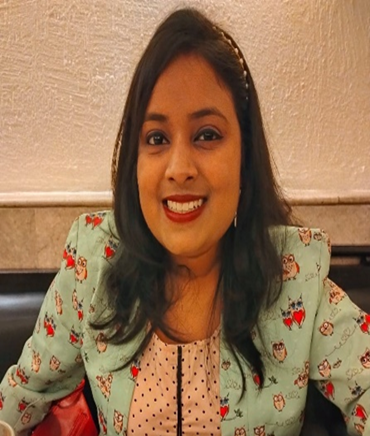
Ms. Sreejita Ghosh has currently a Ph.D. scholar at the Maulana Abul Kalam Azad University of Technology, West Bengal, India for the last three years. Her research area mainly includes screening, green synthesis, and characterization of silver nanoconjugates prepared from various plant sources and applying these silver nanoconjugates to eradicate the biofilm-associated chronic infections formed by ESKAPE pathogens. She out of her credit, published several papers in many journals of international repute and also has authored many book chapters. She has presented her research works at various National and International conferences and received several research awards.
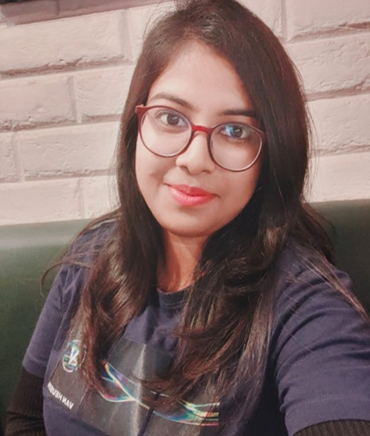
Shreemoyee Palmal is a Young Research scholar from Kolkata, India. She had worked under the supervision of Dr Arup Kumar Pattanayak at Nil Ratan Sircar Medical College, Kolkata, India, who has 15 years of experience as an eminent Researcher in the field of Molecular Biology. Her research was focused on molecular detection of potential biomarkers in dengue infection and prophylactics."
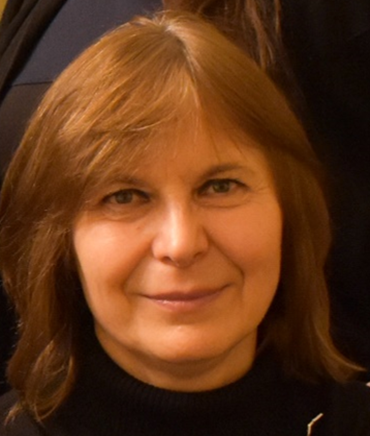
Iwona Flis-Kabulska graduated from the Warsaw Technical University, Faculty of Chemistry. She was awarded the degrees of Ph.D. and D.Sc. in the Institute of Physical Chemistry PAS in Warsaw. Her research fields include the evolution of hydrogen and its entry into metals, surface modification, corrosion, passivation, and electrocatalysis. Current research involves the modification of nickel cathodes for hydrogen generation for alkaline water electrolysis. Since 2012 she has been employed at the Cardinal Stefan Wyszynski University in Warsaw (UKSW), where since 2019 she is a Director of the Institute of Chemical Sciences.
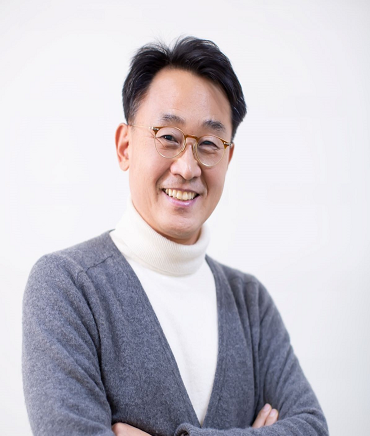
Youngkwan Lee is a professor at Sungkyunkwan University, South Korea since 1993, He has 30 years of experience as a Polymer Scientist at Sungkyunkwan University. He has a Ph.D. degree from the School of Polymer Science and Engineering, University of Southern Mississippi, USA. He publishes more than 300 papers on Functional Polymers for diverse applications. Recently he studied natural polymers for energy storage applications such as Li-ion, Li-S, K-S, and Zn-ion batteries.
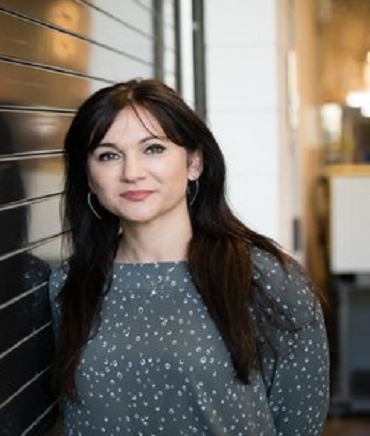
Dr. Simona Onori is an Assistant Professor in Energy Science and Engineering at Stanford University where she also holds a courtesy appointment in Electrical Engineering. Upon joining the Stanford faculty, she funded and currently directs the Stanford Energy Control lab where she leads a team of graduate/undergraduate students, postdocs and international visiting scholars conducting research on the experimental characterization, modeling, control and optimization of energy storage and conversation systems for sustainable transportation and power grid applications. She is an SAE Fellow (2022), and the recipient of the 2020 U.S. DoE Clean Energy Education & Empowerment (C3E) Award, Category Research, the 2019 Board of Trustees Award for Excellence, Clemson University, the 2018 Global Innovation Contest Award by LG Chem, the 2018 SAE Ralph R. Teetor Educational Award and the 2017 NSF CAREER award. She is Editor in Chief of the SAE International Journal of Electrified Vehicles, a distinguished lecturer for the IEEE Vehicular Technology Society (2020-2022) and an IEEE Senior Member (2015).
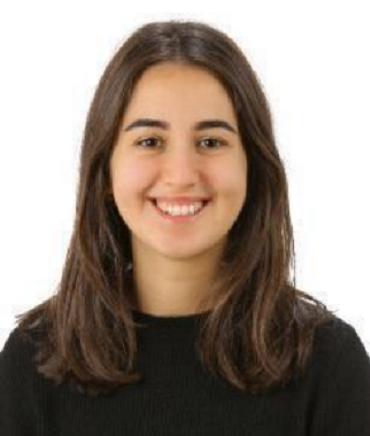
Dr. Jun XU is now a tenured associate professor in the Department of Chemical Engineering, at Tsinghua University. He received his B.Sc. and Ph.D. at Dept of Chemical Engineering, Tsinghua University in 1997 and 2002, respectively. In 2011, he was awarded the Alexander von Humboldt Research Fellowship for Experienced Researchers to carry out collaboration research at the University of Freiburg, Germany. In 2012, he was supported by the New Century Excellent Talents Program at the University. He teaches Polymer Processing and Applications, Polymer Physics Lab, and Polymer Processing Lab to the undergraduates. His research interests include polymer crystallization, biodegradable polymers, dynamically crosslinked polyurethanes and polyurea, and materials for smart devices, etc. He was awarded 2003 Beijing City Awards for Science and Technology Progress (Second Class), 2009 China Petroleum and Chemical Industry Association Award for Science and Technology Progress (Second Class), 2010 China Petroleum and Chemical Industry Association Award for Science and Technology Progress (Second Class), Feng Xingde Polymer Prize (for winning "The Best Paper Nomination from China" published in the journal of Polymer in 2011), 2017 China Petroleum and Chemical Industry Association Award for Science and Technology Progress (Second Class).
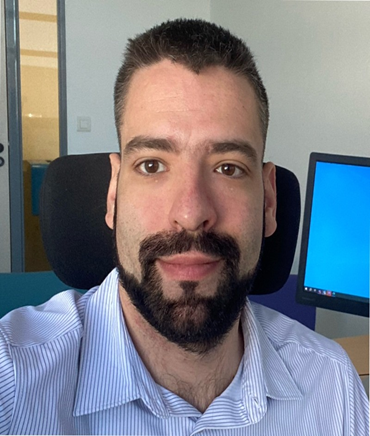
Marko Jovanovic, PharmD and Ph.D. in analytical chemistry is the analytical coordinator within the CMC project team in Sanofi R&D, Montpellier, France. He has 5 years of experience in the domain of analytical chemistry in the academy. He has 15 publications in journals with impact factors and 8 poster presentations at international scientific conferences. He has 7 years of experience in the domain of applied analytical chemistry in the pharmaceutical industry. He has been working so far on multiple medicine candidates in the late phases of the clinical research where he occupied the roles of laboratory manager, analytical project leader, and analytical coordinator.
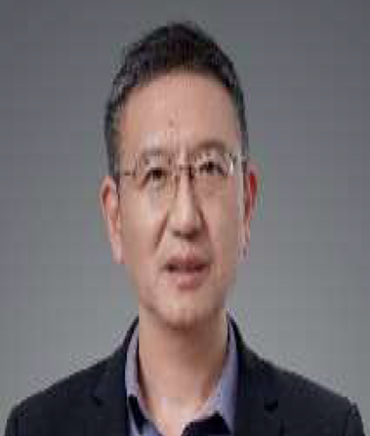
Dr. Huan Ren is a researcher specializing in semiconductor nanocrystal synthesis and atomic structure analysis. In her most recent research, she uncovered that the essence of crystallographic progression from binary to multi-elemental semiconductors is actually the change in theoretical periodicity within the crystal caused by decreased symmetry levels, rather than the previously assumed crystal deformation. She further revealed that these highly complex crystalline entities possess highly ordered elemental arrangements, contrary to the previous understanding that their elemental orderings were random. This discovery provides a highly effective, low beam dosage method for deciphering complex unit cells with multiple elements and low crystallographic symmetry. It directly guides first-principle calculations of semiconductor structures, offering new insights from synthesis mechanisms to unlocking the basis for their physical properties.
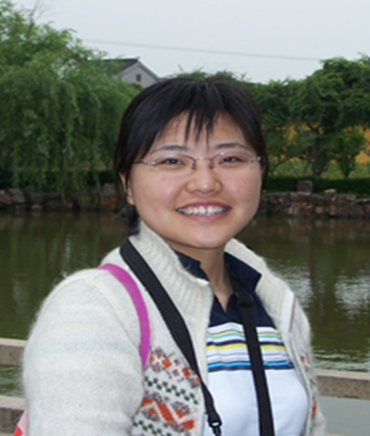
Xiangya Xu is a Founder and Director of Hydroformylation of Olefins Laboratory, Division of Catalytic Science, SINOPEC (Beijing) Research Institute of Chemical Industry Co., Ltd. Research interests are on constructing new hydroformylation catalysts including organometallic and heterogeneous catalysts. Another part is using Metal-organic framework materials as catalysts.
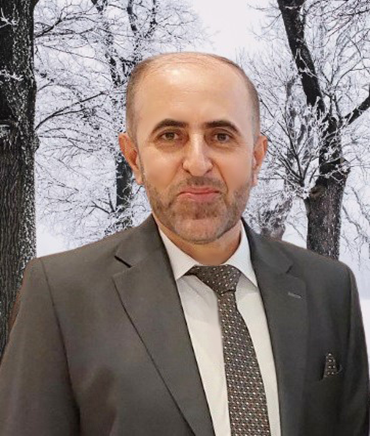
Dr. Rehan Bhatti is an ambitious researcher in advanced materials science, known for his pioneering work on stimuli-responsive ultra-stiff polymer actuators. His research has contributed to innovative materials and technologies, including transparent composite armor with superior impact resistance. With expertise in Functional Materials, Polymer Processing, Composites Manufacturing, and Technical Textiles, Dr Bhatti is currently a Senior Lecturer at the University of West of England, Bristol. He has over a decade of academic-industrial experience and has published high-impact journal papers while serving as a reviewer for top-tier journals, reflecting his standing in the academic community.
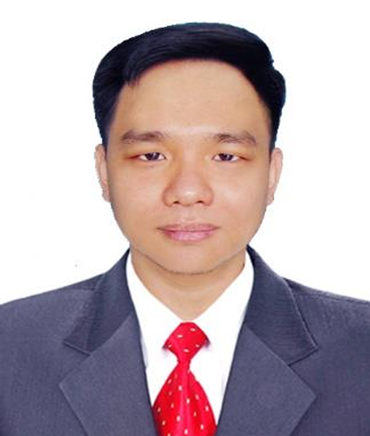
Huy Sy Nguyen is a Postdoc at the University of Ulm and a visiting researcher at the German Aerospace Center (DLR) since 2022. Current researches focus on the Thermodynamic Model for the Hard Carbon anode of Sodium-ion batteries, especially the microstructure effect of Hard Carbon anode on the electrochemical properties of Sodium-ion batteries. He graduated Doctor of Philosophy in Theoretical Chemistry from the University of New South Wales in Canberra, Australia in 2019. His main subjects are Theoretical Chemistry, Monte Carlo simulation, Thermodynamic Model, Mean Field Theories, Hard Carbon anode for Sodium ion batteries, and colloidal polymer mixture.
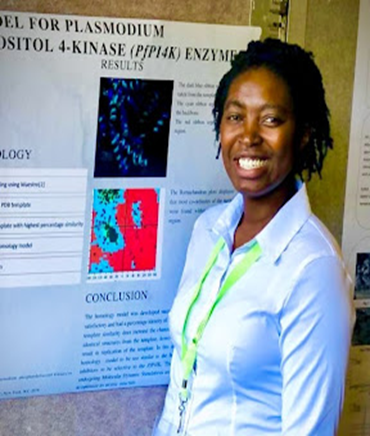
Krzysztof Rajczykowski is a director of the Centre of Environmental Protection in Łukasiewicz Research Network - Institute of Non-Ferrous Metals. His research group has broad experience in different aspects of environmental engineering, related mostly to desulfurization techniques, water and wastewater treatment, heavy metals adsorption, ion exchange processes and extraction. In his current work, he is focusing on the novel methods of lithium extraction from brines and wastewaters, mostly by using highly selective sorbents and resins based on previously selected crown ethers.
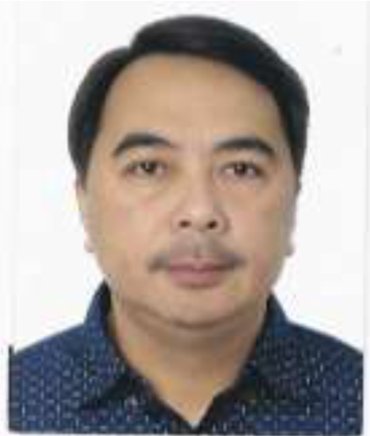
Ronaldo P. Parreňo Jr. has a PhD in Chemical Engineering received from the De La Salle University, Manila in the Philippines. He is currently the project leader and senior researcher of the Fuel Cell R&D and Testing Center of DOST-ITDI. His research involves the development and design of a composite membrane using biomass-derived functional materials and carbon electrode support from carbonaceous wastes for the final design of MEA of fuel cells. Since January 2022, he is a member of the Royal Society of Chemistry (MRSC), UK.

Zheng Tan, PhD, currently serves as an associate professor at Chengdu Polytechnic. He earned his PhD from the University of Durham, UK, and completed postdoctoral research at the Institute of Atomic and Molecular Sciences, Academia Sinica in Taiwan, and the University of Electronic Science and Technology of China. He has also held positions as the process director at Tianwei New Energy, senior investment manager at Ideal Capital, and investment director at Xiyuan Quantitative Technology Co., Ltd.
Dr. Tan has extensive experience in scientific research and development in both enterprises and academic institutions. He has participated in several national key research and development projects (863 Program) and has published research findings in international academic journals such as Physical Review E, The Journal of Chemical Physics, and Journal of Physical Chemistry C. He holds nearly 30 patents and software copyrights. Dr. Tan is proficient in optoelectronic devices, organic semiconductors, and high-performance computing, with rich experience in financial big data mining and artificial intelligence algorithms. He has led teams to develop various AI investment strategies and co-managed a fund product worth 300 million yuan. Currently, his research focuses on the interdisciplinary fields of artificial intelligence, big data on organic luminescent materials, and the materials genome.


Shin Aoki received Ph.D. from the University of Tokyo in 1992 under the supervision of Prof. Kenji Koga. He became an assistant professor at the University of Tokyo in 1990 and a postdoctoral fellow at the Scripps Research Institute, USA, to work with Prof. Chi-Huey Wong from 1992-1994. After he came back to Univ. Tokyo, he joined Prof. Eiichi Kimura’s group in 1995 at Hiroshima University. In 2003, he was promoted to a professor at the Faculty of Pharmaceutical Sciences, Tokyo University of Science and became a vice director of the Research Institute for Science and Technology of Tokyo Uni. Sci.

Thorsten Wack graduated in theoretical physics at the Technical University of Dortmund in 1995 and received his doctorate at the Ruhr University Bochum in the Faculty of Mechanical Engineering. He has been at Fraunhofer UMSICHT since 1995, where he is now head of the business unit "process digitalization".

Dr. Amgad M. Rabie, Professor & Researcher of Pharmaceutical Organic (Medicinal) Chemistry & Drug Design/Discovery, Department of Pharmaceutical Organic Chemistry, Faculty of Pharmacy, Mansoura University, Mansoura, Egypt. He is the editor-in-chief & the chairman of the peer-reviewing committee of the famous journal in biotechnology and bioengineering worldwide, the International Journal of Biotechnology and Bioengineering (IJBB), USA & Europe. His major role is to help the American Chemical Society (ACS)to improve people’s lives through the transforming power of chemistry. He is the editorial board director & chairman of the multidisciplinary and internationally famous & comprehensive journal in all pharmaceutical & medicinal sciences worldwide, the Journal of Pharmaceutical and Medicinal Research (JPMR).

Dr. Turick has over 40 years of research experience in academia, industry and federal laboratories. Part of his background includes microbial ecology, physiology, and biophysics involving extracellular microbial electron transfer. The current focus is on defining bacteria as electrochemical entities by combining electrochemical and microbiological techniques in order to monitor microbial activity in-situ and in real-time. The specific technical focus is on remote microbial sensors directed to technologies for a sustainable environment. Part of his current activities at ElectroBioDyne, LLC is directed at linking microbiology, physiology and electrochemistry for sensor design.

Dr. X. Nancy Xu is an elected AAAS Fellow and Professor of Biomedical Engineering, Biomedical Sciences, Biochemistry, and Chemistry at Old Dominion University. She has built a state-of-the-art interdisciplinary research laboratory and successfully developed a nationally and internationally recognized and well-funded interdisciplinary research program at the intersection of chemistry, biology, engineering, and medicine. Dr. Xu has pioneered the development of a suite of highly innovative nano-photonics tools for biomedical applications, and she is especially well recognized for her work in single nanoparticle optics, nano-optical biosensors, single molecule detection, and single live cell imaging.
Dr. Xu has received several prestigious national awards, including Tech Briefs’ Nano50 Innovator Award and Nano50 Technology Award, NSF BRAIN Initiative EAGER Award, Finalist of NIH Follow That Cell Challenge, ACS Roland F. Hirsch Award, and AAAS Mentor Award. Dr. Xu was elected as an AAAS Fellow for her distinguished contributions to the fields of nanobiotechnology and ultrasensitive bioanalysis, including single nanoparticle optics, nano biosensors, single molecule detection, and single living cell imaging. Dr. Xu has also received several university-distinguished awards, including Distinguished Research Award and Faculty Research Achievement Award (the highest university research honor bestowed to a faculty), and multiple student-nominated awards including Shining Star Recognitions, and Most Inspired Faculty Member Designation. Her profile is at https://www.odu.edu/directory/x-nancy-xu

Jianhui Liu received a Bachelor of Engineering (B.Eng.) degree in Chemical Engineering and Technology from Xi'an Jiaotong University (XJTU) in China. He then did a Ph.D. study at the Department of Chemical and Biological Engineering of Hong Kong University of Science and Technology (HKUST) under the Hong Kong PhD Fellowship Scheme (HKPFS), followed by a short Post-doctoral Fellow appointment. He is now a Post-doctoral Fellow at Harvard School of Dental Medicine (HSDM) and Forsyth Institute in the USA. His research interests lie in materials chemistry, nanotechnology, self-assembly, bio-inspired materials, and polymer science.
1968 S. Coast Hwy #3568
Laguna Beach, CA 92651
United States
+1-949-204-0952
